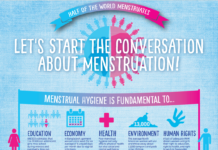OdishaPlus Bureau
Menstruation Hygiene Day is observed every year on March 28. The day is being celebrated to raise awareness about the importance of menstrual safety and cleanliness for women. Odisha is a progressive society where a festival is observed to celebrate the mother earth being personified as a menstruating female who is believed to be menstruating over three days during Raja.
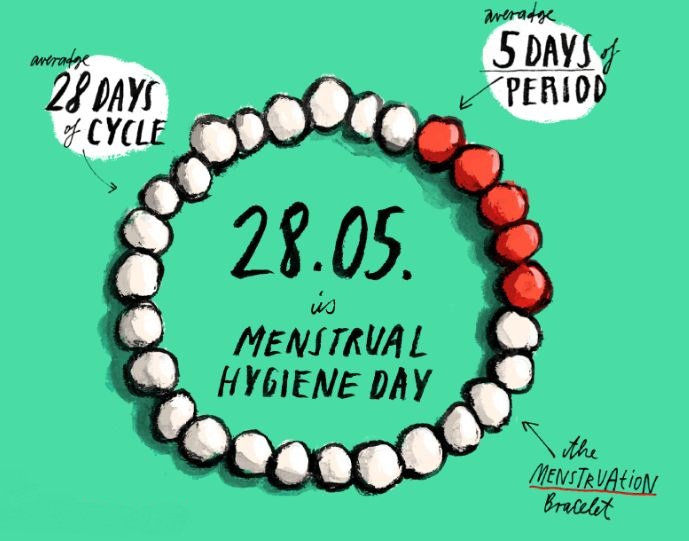
World Menstrual Hygiene Day, May 28, has come as a reminder to focus on access to clean water for girls and women to enable them to ensure proper hygiene and prevent the risk of illness. According to UNDP Human Development Report 2019, there are over 355 million menstruating women and girls in India, but millions of women across the country still face significant barriers to a comfortable and dignified experience with menstrual hygiene management (MHM).
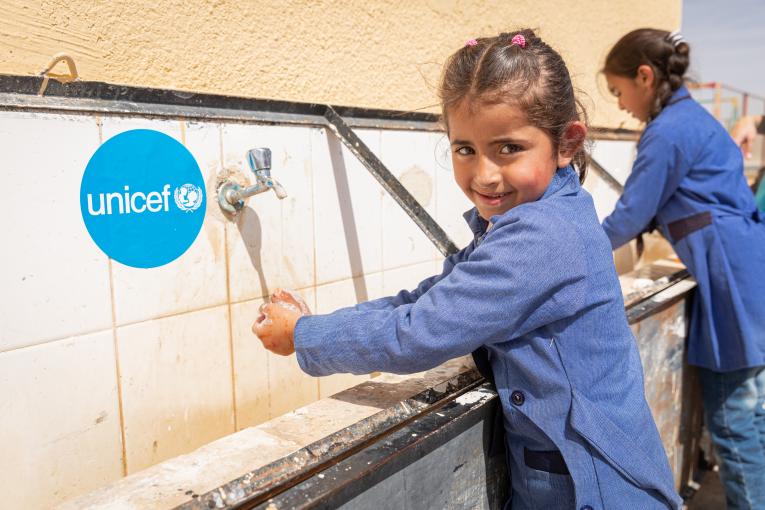
A natural biological process, menstruation has strong religious and socio-cultural connotations in several parts of the developing world, including India. A myriad of misconceptions are associated with this transition, and these form the basis for poor menstrual hygiene practices among adolescent girls and women. In 2020 this day has assumed greater importance as the world grapples with the COVID 19 pandemic highlighting stark inequities vis-à-vis access to water.
Kete Nua Bata is a media campaign by OdishaLIVE and SwasthyaPlus and supported by UNICEF. The campaign is aimed at spreading awareness on coronavirus and celebrates the COVID warriors around us. On being associated with Kete Nua Bata and the significance of world menstrual hygiene day, Unicef India goodwill ambassador actress Archita Sahu says “There are lots of superstitions around menstruation in India.
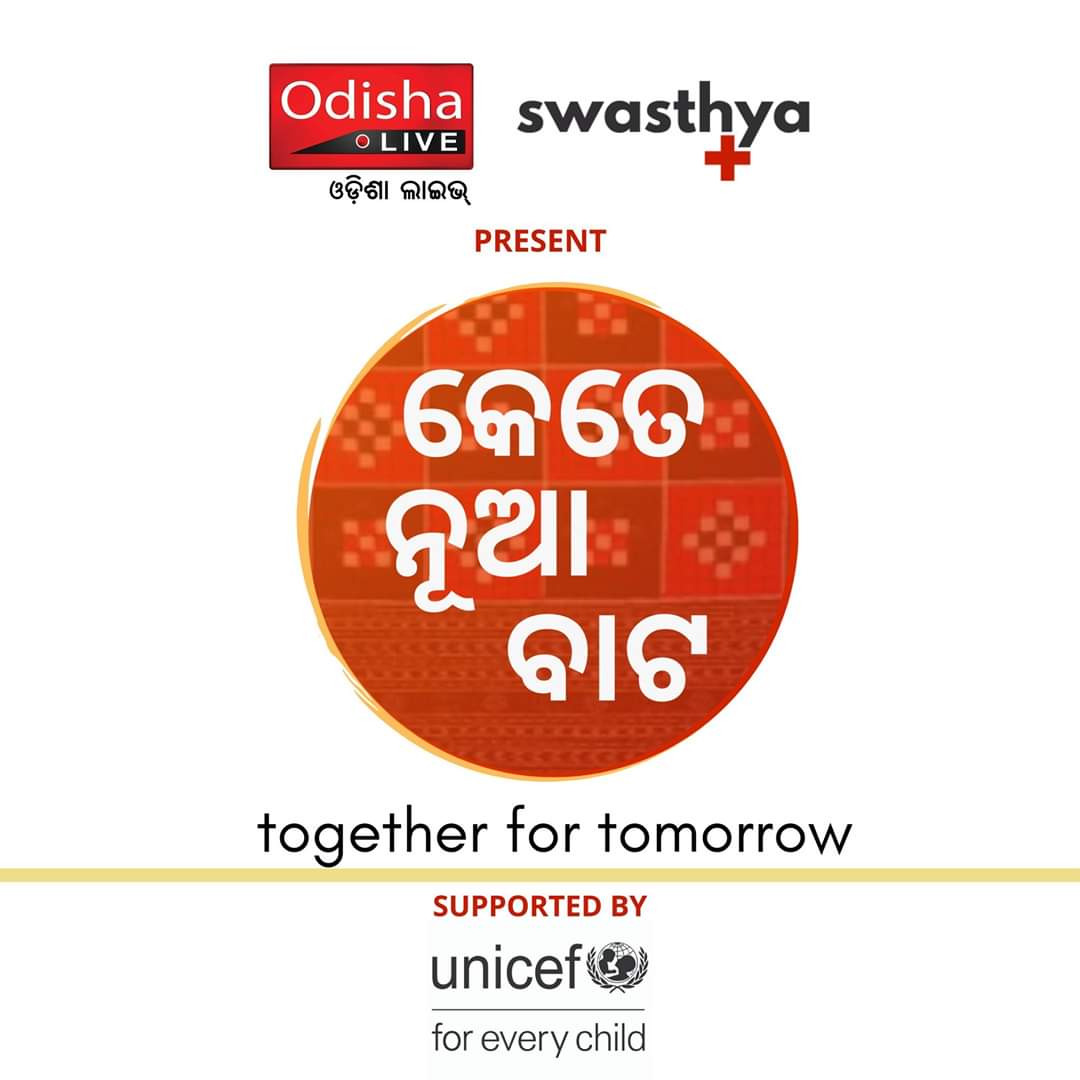
The subject is treated as a taboo and often ignored. Hence we need to spread awareness on this important topic. Access to clean water is a priority for adolescent girls and women in India. It is sad that in many remote areas and villages, no sanitary napkins are available and girls have to use unhygienic things like dry leaves, old rags, ash, grass etc to clean themselves.”

“Even in places like schools and nearby settlements, there is a lack of access to clean water and dustbins etc. So we need to spread awareness on the availability, usage and proper disposal of sanitary napkins among girls and women. As an influencer and a public figure it is our responsibility to speak on this sensitive and pressing issue to raise awareness and do our bit towards a better society for our girls and women.”
The menstruation period is a difficult time for every woman. During this time, the body bleeds profusely. So it is important to keep yourself clean and eat the right food. Otherwise, it can cause a variety of health problems. Pay special attention to a few things during the menstrual cycle. Such as
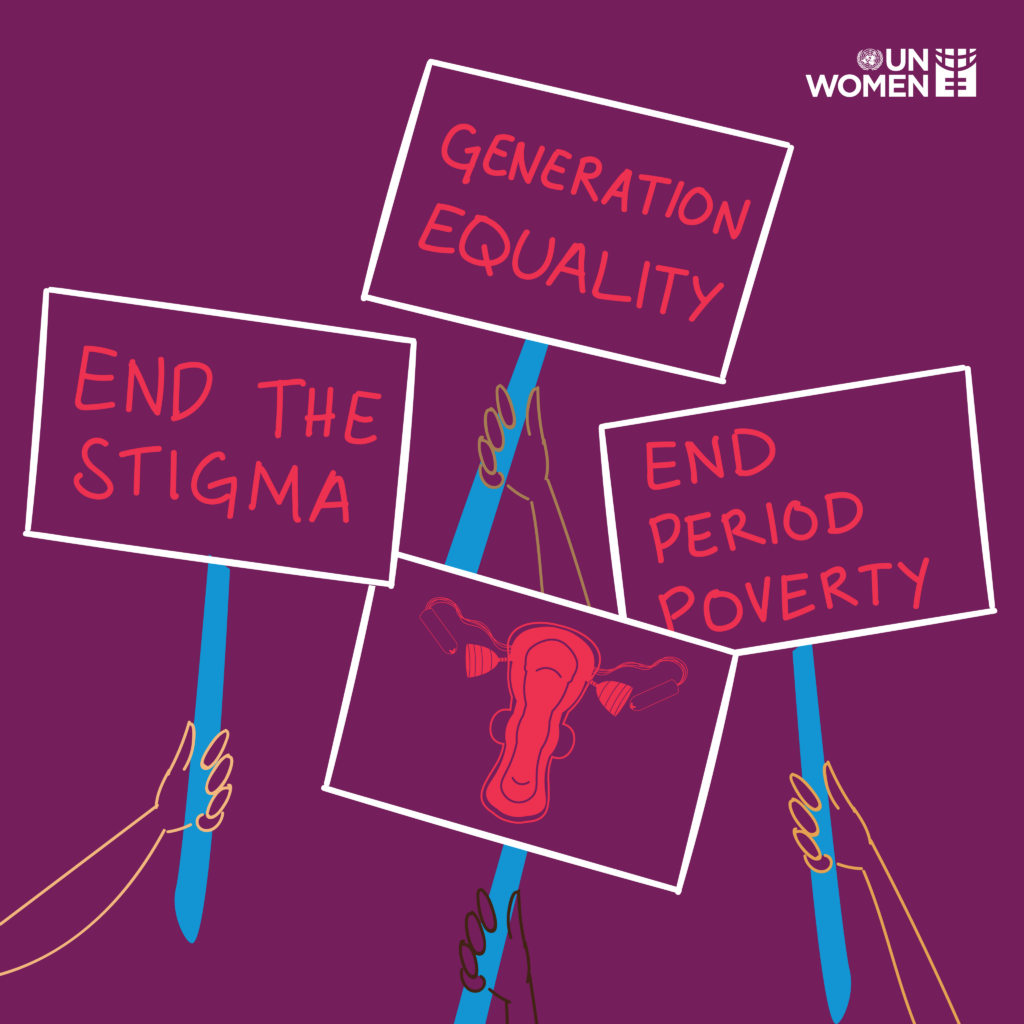
Replace sanitary pads every 4 to 5 hours. Otherwise, one may face problems such as urinary tract infections, itching in the genitals, and burning.
Clean the genitals before replacing sanitary pads. Infection can occur if the blood flowing in the old pad sticks to the genitals.
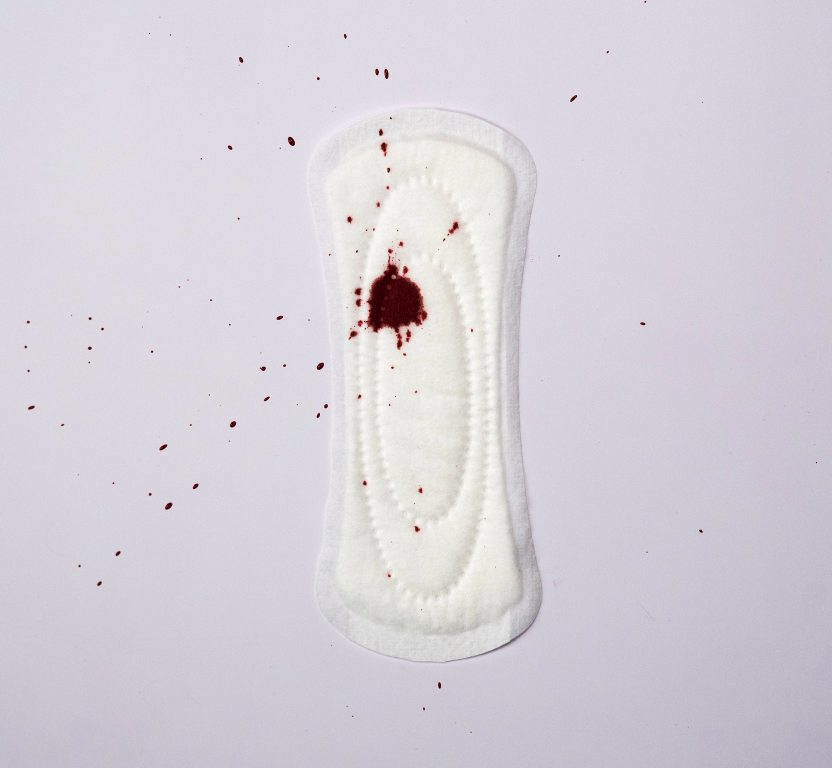
Do not use soap or any other vaginal hygiene product. The chemicals in clean and clear, Vwash plus and soap, etc can cause infection in the genitals at this time. It is advisable to clean one’s private parts with warm water.
Do not use two sanitary pads at once. Using two pads at a time to prevent excessive bleeding can lead to infection.
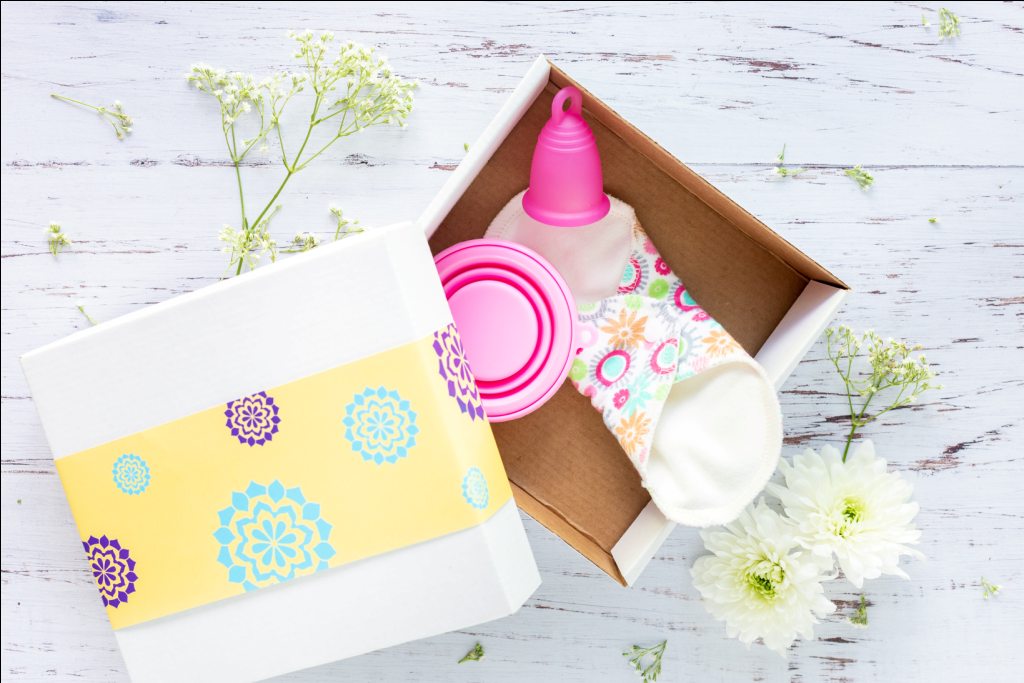
Attention should also be paid to underwear at this time. Replacing sanitary pads is just as important as using clean cotton underwear or you run the risk of infections and rashes.
Always carry extra sanitary pads, soft towels, tissue paper, hand sanitizers, some nutritious food, and water bottles in a clean bag or paper bag as you approach and during the menstrual cycle. It is best to drink warm water at this time. Avoid eating too much spicy food.
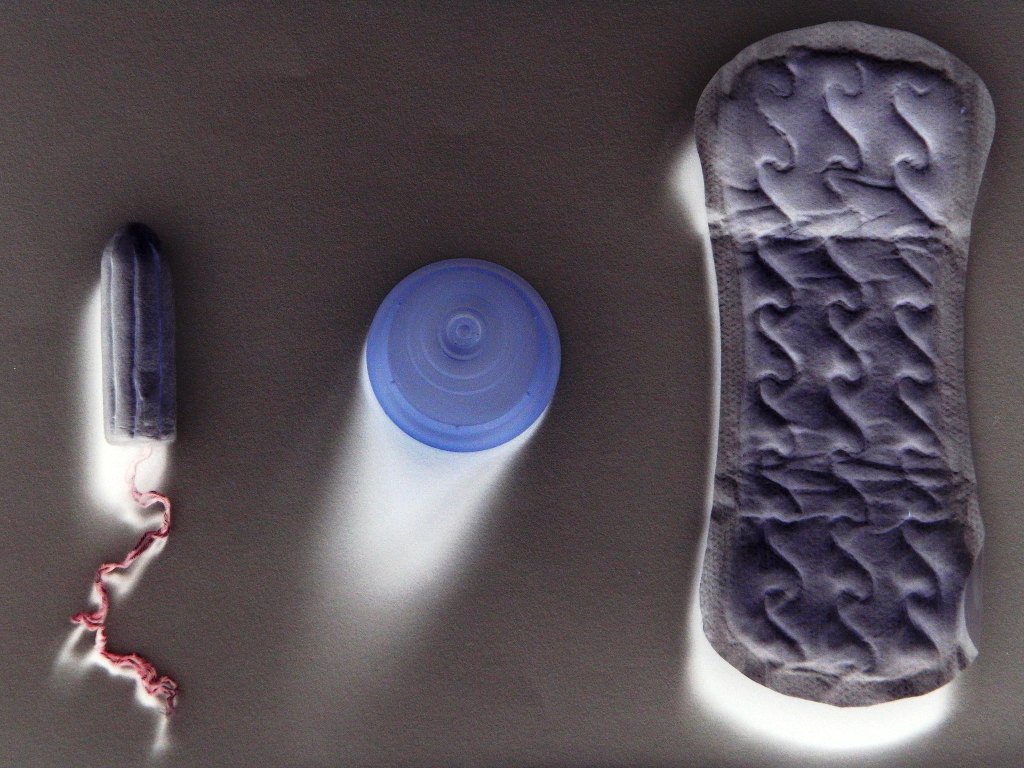
Rest as much as possible during the menstrual cycle. Excessive walking, running, cycling, or dancing can cause a variety of genital problems. Later, it has a very bad effect on pregnancy.











